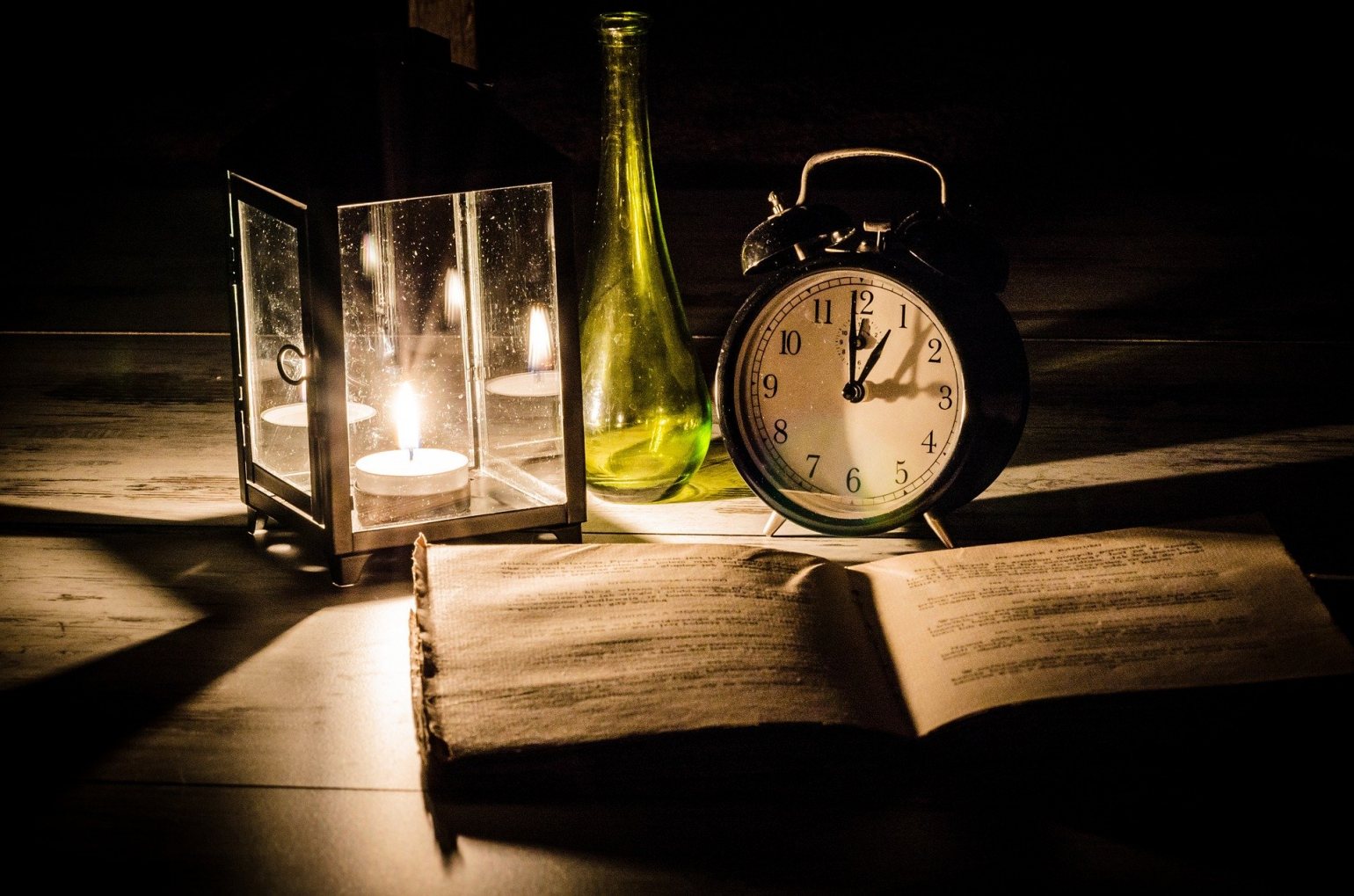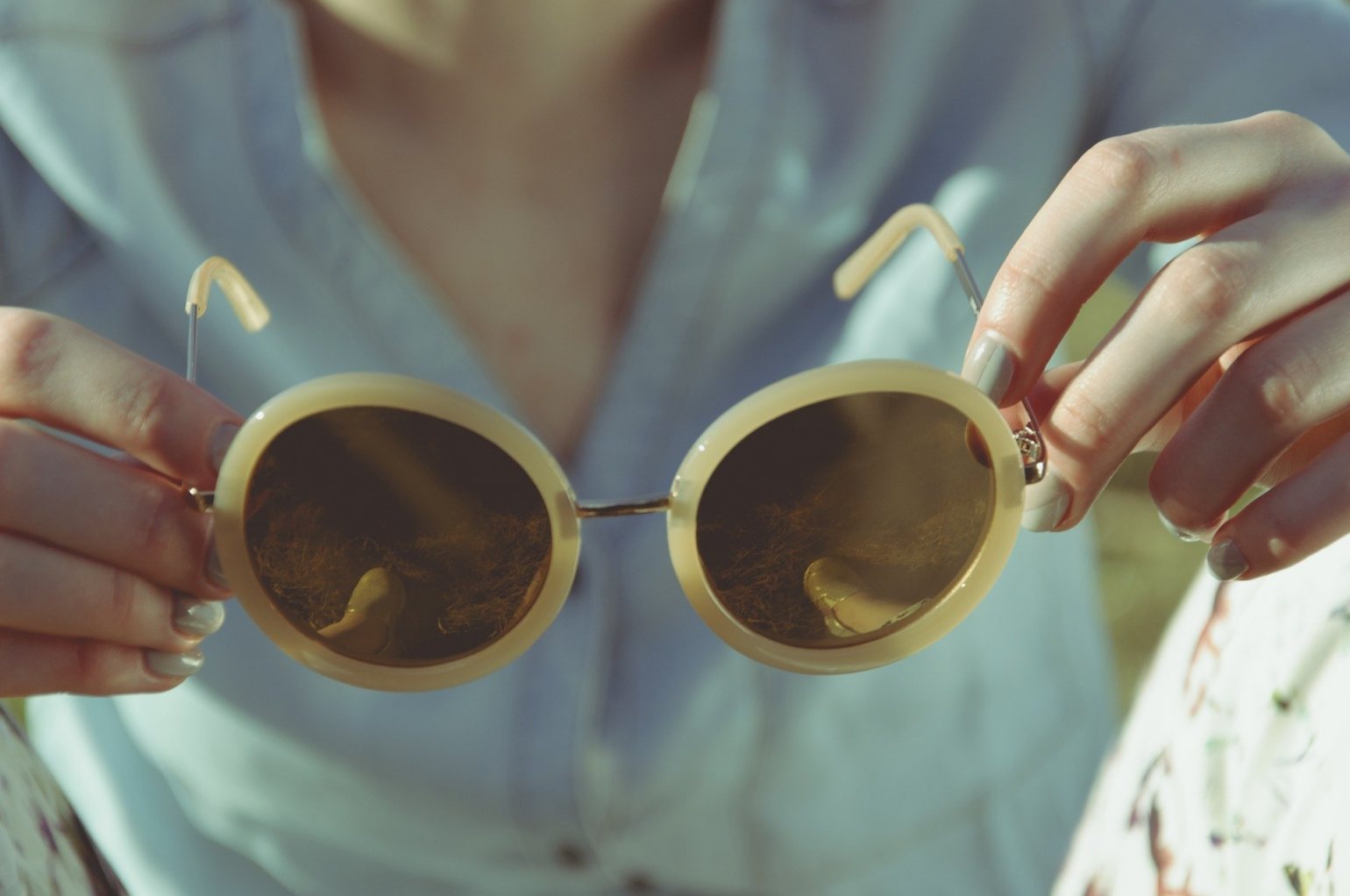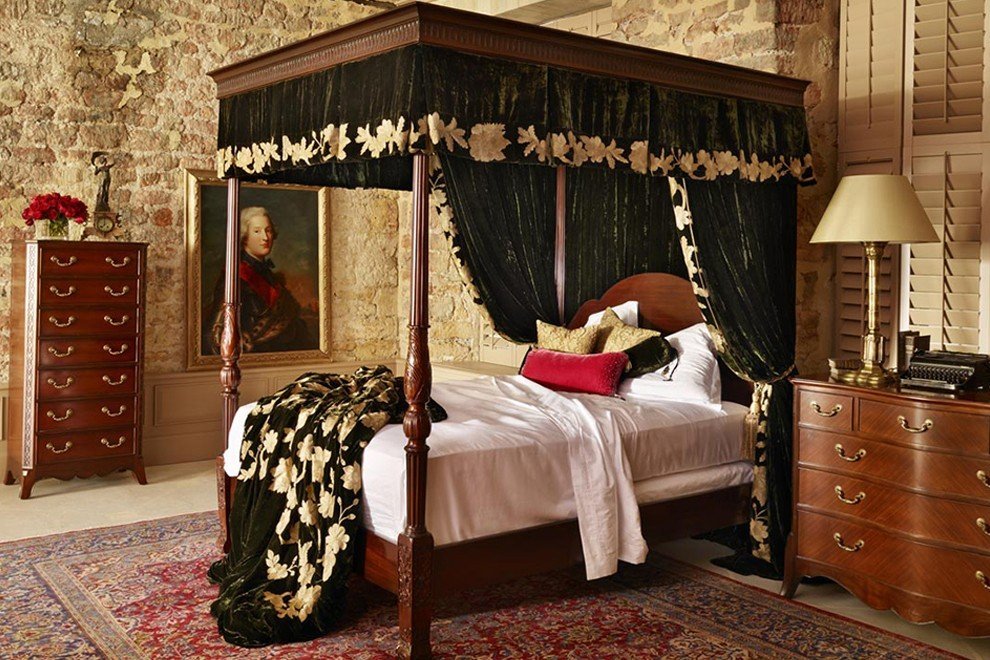Light, the Winter Solstice and Sleep
In the northern hemisphere, for 2019, the shortest day of the year falls on the 22nd December. This is the winter solstice, when the Earth's axis rotates to the point that the north pole has its maximum tilt away from the sun. On the 22nd December 2019, London will have only 7 hours, 49 minutes and 43 seconds of daylight, according to TimeAndDate.com, which is almost nine hours shorter than the longest day of the year, the summer solstice, on the 21st June 2019. Of course, the longer nights are very helpful to give Santa enough time to deliver all the presents on Christmas Eve!
How much light we get, when we get it and the intensity of that light has a huge impact on our mood and our sleep.
Circadian rhythm

Our circadian rhythm is our body’s internal 24 hour clock, which works by making us feel alert and awake during the daytime and sleepy at night. It also regulates when our body can best digest food, when we produce hormones and when our body repairs cells and fights infections. Light exposure helps to establish our circadian rhythm, by letting our body know when it is “daytime” and when it is “night time”. How it does this, is because our eyes not only send signals to our visual cortex in our brain so that we can see, but they are also directly connected to the suprachiasmatic nucleus (SCN) to control our circadian rhythm. Bright light exposure lets our brain know that it is daytime, and dim or no light exposure lets our brain know that it is night.
Circadian rhythm problems can occur when people work night shifts and do not get bright light exposure at the right times of day. Also, jet-lag is a temporary problem when your circadian rhythm is on a different time zone to the country that you are in. Jet lag is best fixed by getting outside and exposed to daylight in the new country. In addition, some people who are blind can find that their circadian rhythm is not set to a regular 24 hour rhythm as their eyes do not pass information to the SCN to regulate their 24 hour clock.
Bright light helps us to feel more alert and happy, and therefore the shorter days of winter can lead to us feeling sluggish and less happy compared to during the summer. To combat this, make sure that you get outside every day to get some natural sunlight. Even an overcast winter day will give you more light exposure than indoor lighting.
Blue frequency light

When our circadian rhythm thinks that it is night time and we are not exposed to bright light, our brains produce a sleep inducing hormone called melatonin, and start to reduce our body temperature to prepare our bodies for sleep. If we are exposed to bright light, then this can fool our brains into thinking that it is not night time all, to stop producing melatonin and to make us more alert. Blue light (like that found in electronic devices) is especially disruptive to this sleep inducing process. The blue wavelengths in natural and artificial light boost our attention and mood, helping us stay awake and alert during the day, but also stopping us sleeping at night.
Many modern electronic devices have settings on them to counter this - such as night mode, or night shift. This artificially takes out the blue wavelengths which are so disruptive. You could also try wearing blue-blocking glasses (with yellow lenses) in the evening to filter out much of the blue-frequency light. The glasses can be very helpful for shift-workers or people who need to be on electronic devices near bedtime.
Light and your bedroom

You will sleep better if your bedroom is dark, so try to use blackout curtains or blinds. You could even have a four poster bed with curtains around the bed itself to help keep you in a peaceful, dark cocoon of sleep at night. A silk eye mask can be useful to block light from your eyes as you sleep. Make sure that you turn off any digital devices in the bedroom, or better still don’t have them in the bedroom at all. If you do have a digital alarm clock, or a phone to wake you in the morning, make sure that you turn them away from you during the night so that you are not disturbed by the light.
Temperature
With the winter solstice comes cold weather, and although we sleep better in a cool bedroom, we do not sleep well if we are too cold. During the winter make sure you have an adequate tog duvet, and you could even try a breathable mattress topper to keep you cozy and warm (but not too hot) all night.
As always, a good quality mattress and luxury bed is a vital investment for your sleep so make sure that you have a supportive and breathable mattress so that you can sleep peacefully all night long. Most importantly, make sure you go to bed early enough for Santa, and don’t forget to leave him a mince pie!
Author
Dr Lindsay Browning is a sleep expert at Trouble Sleeping, author of the self-help sleep book Navigating Sleeplessness and can be found on all social media @DrBrowningSleep. She is the resident sleep ambassador for And So To Bed.
-
Posted by Dr Lindsay Browning
20th December 2019


